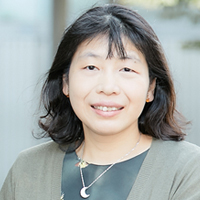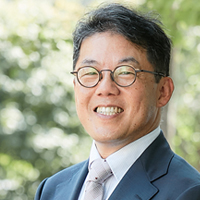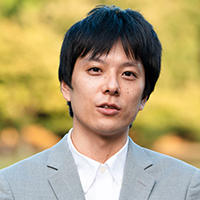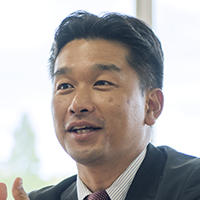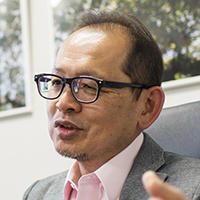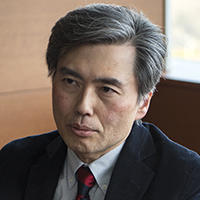SDM Voice|Prof. Naoko TANIGUCHI
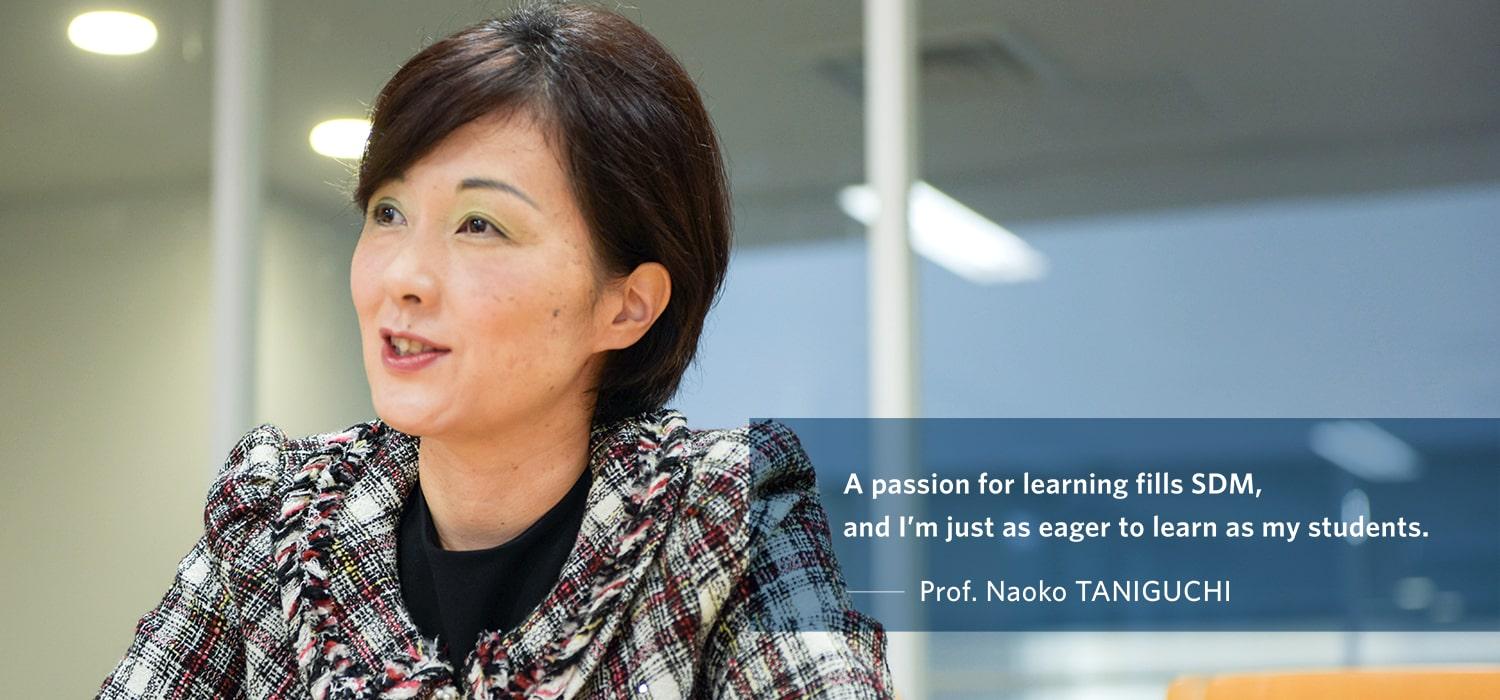
Prof. Taniguchi is a political scientist who specializes in political behavior and the political process. At SDM, she has expanded her research beyond politics into research and methodologies that examine people’s psychology and behavior in a broader sense. We sat down with Prof. Taniguchi, who joined SDM in April 2016, to ask about her impressions and expectations of education and research at the graduate school.
Profile
Prof. Naoko TANIGUCHI
Professor, Graduate School of System Design and Management, Keio University
Prof. Taniguchi worked as an associate professor at Tokyo Institute of Technology before coming to SDM. Her research focuses on politics (political behavior, political process, political methodology, and policy research). She is particularly interested in public surveys, experiments, and statistical analyses of what politics mean to ordinary people and what kind of social systems can make people happy. She is also the author of Voting Behavior of the Modern Japanese (Keio University Press) among other publications.
On Japanese Political Awareness and Behavior
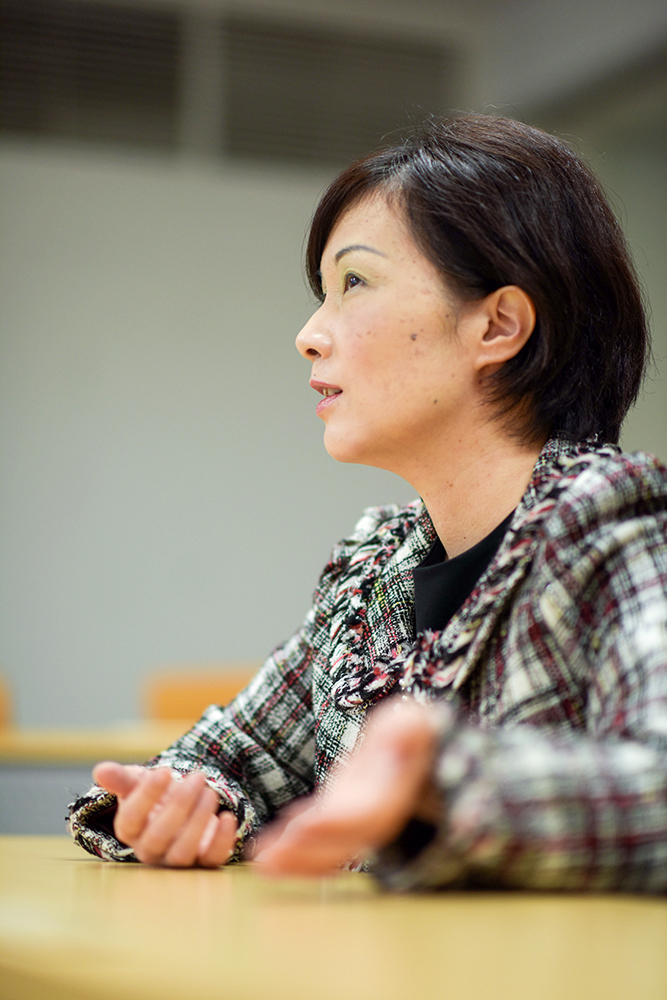 I came to SDM just this year to teach political system theory, social research, and data analysis. As an undergrad here at Keio's Faculty of Letters, I studied sociology and psychology and was interested in the influence of the general public's awareness and behavior. Though initial research into public opinion was sparked by the turbulence of revolution and war, it is just as relevant in peacetime. Capitalist economies require consumers to consume, just as democratic elections require candidates to procure a vote. In our current age of the common citizen, I believe it is of political, economic, and social importance to understand the mechanisms that move the minds and actions of the majority of people. In graduate school, I continued on to major in political science at Keio's Graduate School of Law, where I learned how to analyze the political awareness and behavior of voters using surveys, experiments, and statistical analysis.
I came to SDM just this year to teach political system theory, social research, and data analysis. As an undergrad here at Keio's Faculty of Letters, I studied sociology and psychology and was interested in the influence of the general public's awareness and behavior. Though initial research into public opinion was sparked by the turbulence of revolution and war, it is just as relevant in peacetime. Capitalist economies require consumers to consume, just as democratic elections require candidates to procure a vote. In our current age of the common citizen, I believe it is of political, economic, and social importance to understand the mechanisms that move the minds and actions of the majority of people. In graduate school, I continued on to major in political science at Keio's Graduate School of Law, where I learned how to analyze the political awareness and behavior of voters using surveys, experiments, and statistical analysis.
One example of my research examines voter turnout in elections. In the early 2000s, when Japan's so-called "manifesto elections" began, we adopted a methodology used in psychology and economics to conduct a large-scale experiment based on Internet surveys. We found that subjects who viewed multiple manifestos on several different parties' websites were more likely to vote than those who viewed only one manifesto on a single party's website. We also learned that while reading manifestos had no effect on the subjects who were initially uninterested in politics and voting--it did have an effect on undecided voters. This is quite similar to on-the-fence consumers choosing between one product or another. Consumers' willingness to buy is kindled by exposure to a number of items in a way that allows them to compare those items. I hope to kindle students' interest in this research and methodology and demonstrate its application beyond politics, especially in the realms of psychology and general behavior.
SDM--Research with Application in Mind
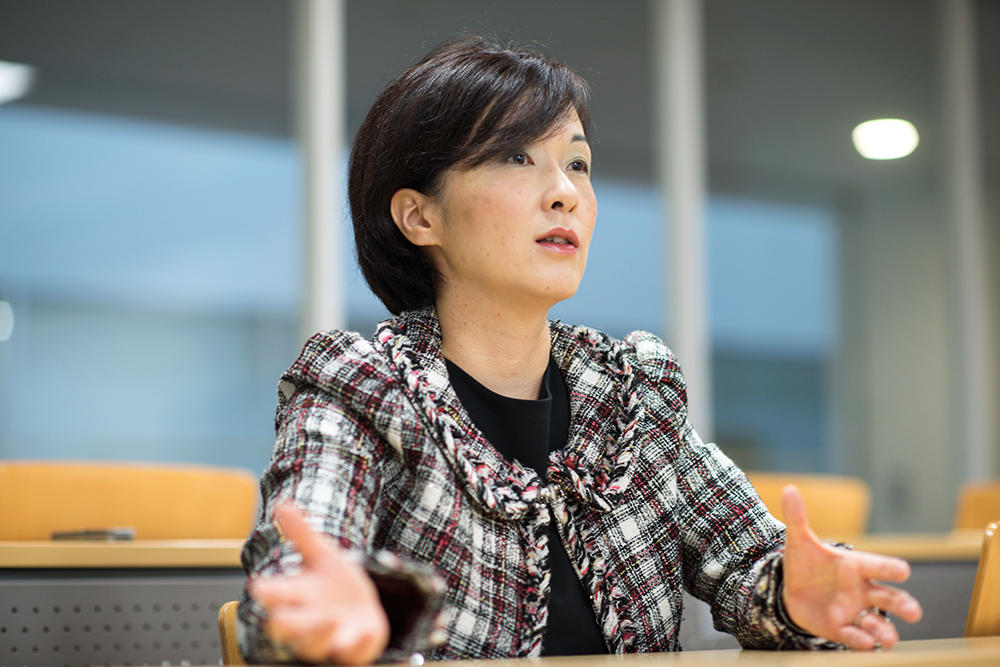
Some of my other research has revealed that voting rates among the losing side--the underdog--actually increase, especially in elections between two opposing powers. This leads to a phenomenon in which the side seen as somewhat inferior achieves a surprising victory, much like the 2016 US presidential election and the referendum on the UK's withdrawal from the EU. People have the ability to demonstrate great power when they feel that success is achievable. When applied to wider phenomena like crowdfunding or sports training, we see that modest goals are much more attainable than overly ambitious ones.
Although there is certainly a place for research that isolates certain phenomena to point out specific issues and problems, research at SDM focuses on practical applications and implications for people and society. In order to push my research in that direction, I feel that I have to push myself to further to grow and develop as both a researcher and an educator. I also believe that it is my responsibility as a scholar to generate and share fascinating research in addition to helping students finish their master's degrees and doctorates.
SDM: Heater and Accelerator
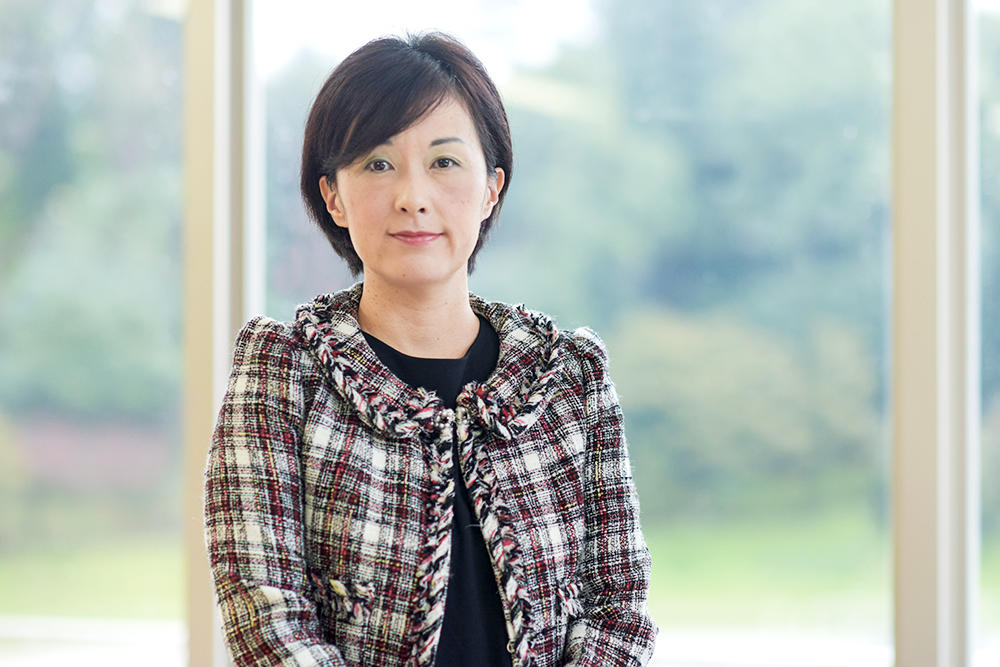
SDM's powerful student body is diverse, including among others, new college graduates, professionals, and international students. I feel their enthusiasm and hunger to absorb as much information and experience as they can within their limited time and resources. New graduates learn a lot from the wisdom and experience of professionals and international students, but I think the reverse is just as true and can be equally stimulating. An environment without walls between labs has given rise to a place where faculty members and students are in constant conversation and collaboration with one another. SDM truly has a wonderful environment rarely seen elsewhere. Projects and events are jointly managed by both students and faculty members.
SDM is akin to both a heater and an accelerator. When I first visited an SDM class, I felt a fever in the classroom. Enthusiasm fills our graduate school, so a passion for learning is ignited in even our less motivated students. Furthermore, taking advantage of newly acquired skills and the SDM network, students can hit the ground running after graduation no matter their goals: employment, career improvement, research, or otherwise. In other words, SDM seems to be an accelerator that boosts the success of everyone who completes a degree here. Such a wonderful environment requires students and faculty members to maintain a sense of curiosity while respecting the fundamental philosophies of the school. And even though each day at SDM is a busy one, we stay open to every new opportunity that arises. We are constantly learning new things and engaging with one another--a diverse group of talented people.

